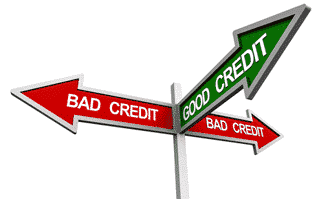
Credit Rating Basics
Your credit rating is determined with information that is gathered by the major credit bureaus, and is based on data that they get from the companies you owe money to. These credit bureaus use a formula that was developed by the Fair Isaac Corporation or FICO. The formula looks at information such as your payment history, the amount of debt that you have and other factors. In the U.S., an average score is currently about 720. Anything below 620 is likely to cost you a lot in additional interest, and many times, will cause a loan to be disapproved. If you would like to see what’s in your credit report, you can visit annualcreditreport.com where you can check your file for free once every year. They can also tell you your credit score, although there is a small charge for that.
Most creditors will use your credit rating when you apply for a loan. After you apply for a loan, the lender will look in information like your income and your credit rating. Based on this information, they’ll determine whether you can be approved for the loan and how much interest you’ll pay if you do.
Getting Money With a Bad Score
If you have a poor credit score, does this mean that you can never borrowing money? First of all, your credit score is dynamic and changes every month, based on your financial decisions. So, with work on your part, it can improve. When a lender reports that you are paying your bills on time, your score will improve.
If, however, you need money in the meantime, you can still get cash another way. If you own a vehicle with a clear title, you can get an auto title loan. Auto title loans allow you to borrow against the value of your vehicle by giving the title to a lender. The loan is based on the value of your car, not your credit. You get the title back when you pay the loan back. If your lender reports your payments to the credit bureau, getting a title loans can be a great first step to improve that score. Embassy Loans is Florida’s leader in title loans, and would be happy to help get you credit score headed in the right direction. Give us a call and let’s get working on it together.

